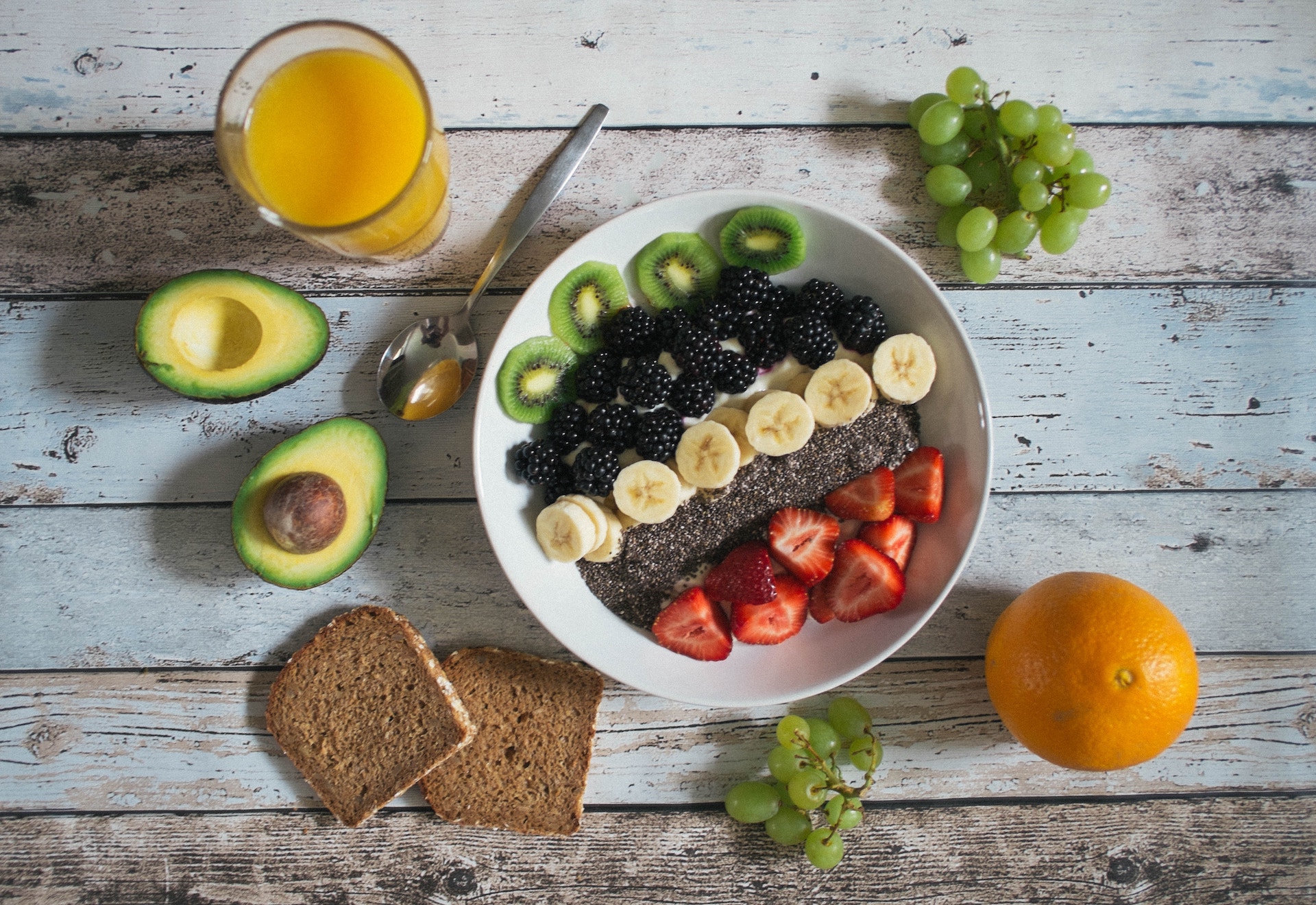New research suggests that a healthy diet with more fruits, vegetables and whole grains can be just as good as an extra 4,000 steps a day – especially for middle-aged adults.
Cardiorespiratory fitness refers to the body’s ability to provide and use oxygen during physical activity, involving the heart, lungs, blood vessels and muscles. Research has shown that this is one of the strongest predictors of longevity and health, and regular physical activity can improve endurance.
But even among people who exercise the same amount, there are differences in fitness – suggesting that additional factors play a role. A nutrient-rich diet is associated with numerous health benefits, but the study team says it was previously unclear whether this was also related to fitness.
“This study provides some of the strongest and most rigorous data to date supporting the link between better nutrition and higher fitness,” study author Dr. Michael Mi of Beth Israel Deaconess Medical Center in Boston said. “The improvement in fitness we observed in participants with better diets was comparable to the effect of taking 4,000 more steps per day.”
The study’s results, published in the European Journal of Preventive Cardiology, suggest that certain dietary habits may lead to better metabolic health and improved fitness and exercise capacity.
The study involved 2,380 Americans with an average age of 54, and more than half (54%) were women. The team measured oxygen levels during exercise on a bicycle ergometer. Participants also completed a Harvard questionnaire on the frequency of eating 126 foods in the past year.
Their responses, which ranged from never eating or eating less than once a month to eating six or more servings a day, were used to assess diet quality using the Alternative Healthy Eating Index and the Mediterranean-style Diet Score, both associated with heart health.
A higher score indicates a higher-quality diet emphasizing vegetables, fruits, whole grains, nuts, legumes, fish, and healthy fats, and limiting red meat and alcohol.
The team also controlled for other factors, including age, gender, total daily energy intake, body mass index, smoking status, cholesterol levels, blood pressure, diabetes and regular physical activity.
“Among middle-aged adults, healthy dietary patterns were strongly and favorably related to fitness, even when habitual activity levels were taken into account,” Mi said. “The relationship was similar in women and men, and more pronounced in those younger than 54 than older adults.”
However, the team pointed out that the study was observational and couldn’t conclude that a good diet leads to better fitness “or rule out the possibility of an inverse relationship, i.e., that fit individuals choose to eat a healthy diet.”
A Mediterranean diet – high in fruits, vegetables, bread and other grains, potatoes, beans, nuts and seeds – was recommended because it prevents heart disease and stroke and reduces risk factors for other health problems.
“There are already many compelling health reasons to eat a high-quality diet, and we provide another with the link to fitness,” Mi said of the findings. “A Mediterranean diet with fresh, whole foods and a minimum of processed foods, red meat and alcohol is a good place to start.”








